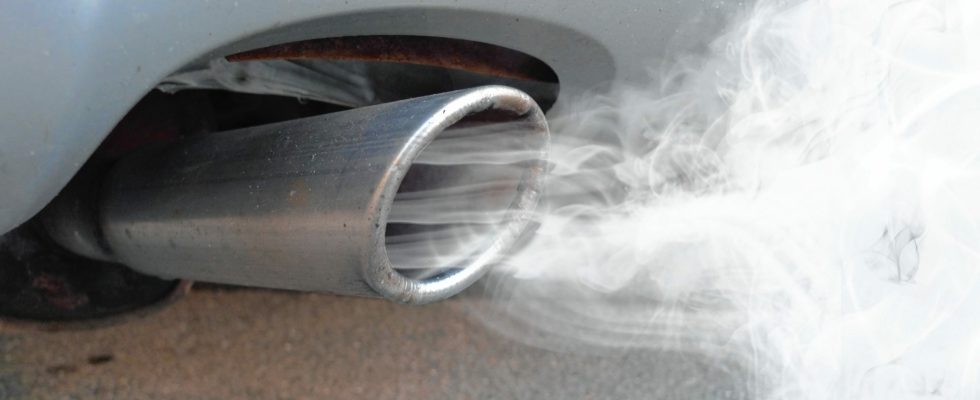From 2035, new cars that run on petrol or diesel will no longer be allowed to be sold in the EU. The EU states finally decide to largely phase out new cars with combustion engines – with the planned exception for cars that are fueled with climate-friendly synthetic fuels.
The EU states finally decided on Tuesday to largely end new cars with combustion engines after the decision had been blocked by Germany for weeks. The German government pushed through that even after 2035 it should still be possible to only re-register combustion engines fueled with climate-friendly synthetic fuels “Too bad,” said Climate Minister Leonore Gewessler (Greens) in the run-up to the decision. This will “not be to the advantage of the European car industry”. However, it is important that the blockade has been resolved. Industry has long since made up its mind Following the compromise recently reached between Germany and the EU Commission, new cars with internal combustion engines can also be registered in the EU after 2035 if they are fueled with climate-neutral fuel – de facto But with Porsche there is only one car manufacturer in the EU that sees this as a practicable model for the future; all other producers have already decided to switch to electric cars. Gewessler also believes that the industry has already decided that e-mobility is the more efficient and better technology for private transport. E-fuels will be needed in air and shipping traffic, “but they will be scarce and expensive in the long run.” Car expert Ferdinand Dudenhöffer. In addition to the high costs for the foreseeable very difficult production of the fuel, e-fuels also have a “creepy energy balance”, he argues. Currently, production requires many times more energy than simply feeding electricity into a battery.
source site-13
